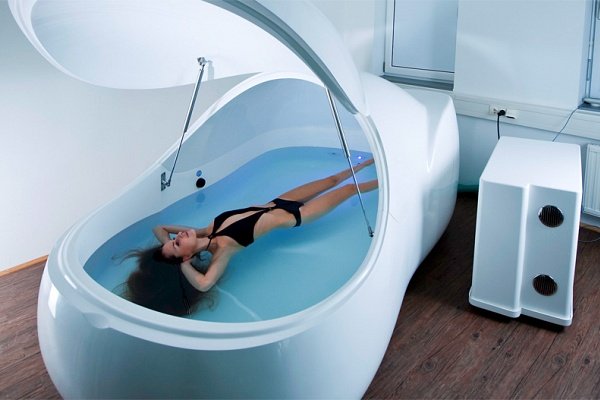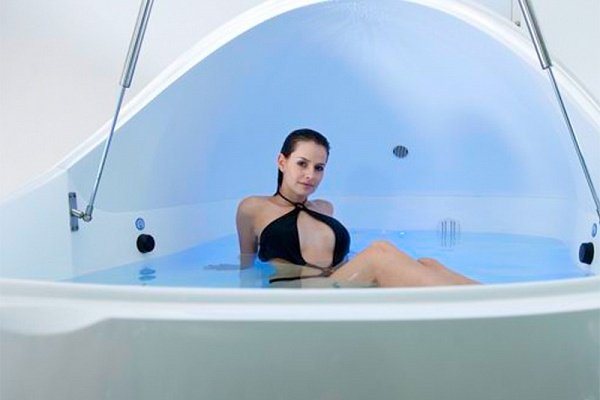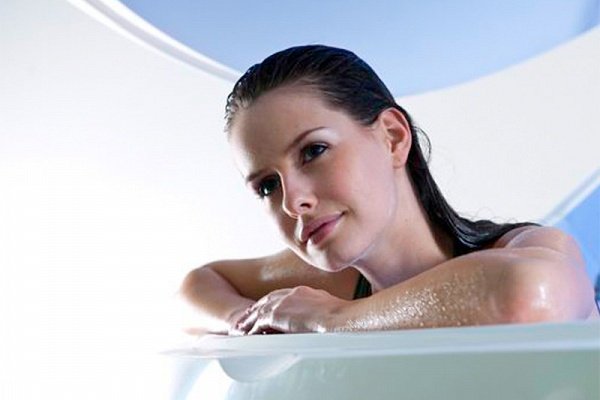30 November 2021, by i-sopod
When was the last time you were truly alone, tuning in just to yourself? Without your phone or laptop, without Netflix or the radio murmuring in the background?
These days, people are spending a lot of time on their own – and that’s been exacerbated by the pandemic. While we may be spending time alone physically, because of our tech habits, we’re hardly ever actually disconnecting from the world around us and properly connecting with ourselves. This means we’re not really experiencing true solitude and the benefits of it.
A lot of people fear being alone, and that’s understandable: no one wants to feel lonely. However, being alone and being lonely are two different things.
‘Loneliness is the poverty of self; solitude is the richness of self.’ ~ May Sarton
To be lonely is to feel truly isolated, like there’s no one you can reach out to in moments of need. Being alone, when it’s intentional, is something to embrace.
3 Reasons Why We Fear Being Alone
1. Back in our hunter-gatherer days, being alone threatened our chances of survival. It was easier to hunt and stay safe from predators when you had a buddy or two looking out for you. In our modern world, things are slightly different of course, and while there are no imminent survival threats, that primal need to be in company remains the same.
2. When we’re alone and free from distraction, unresolved feelings of anxiety, stress or depression can surface. And as unpleasant as that might sound, it’s important to feel those feels in order to really work through them and heal.
3. As children, approval from parents and teachers equates to us feeling valued and loved. As adults, we rely on our network for validation and a sense of worth – social media is built on this. You might therefore feel a bit lost and insecure when you’re on your own. These feelings are valuable, as they push you to look deeper and understand your true self worth, that’s not based on everyone else’s opinion.
The Benefits of Real Solitude
Spending quality time alone can help you to…
- Clear your head. In this age of non-stop information, it’s good to have a mental declutter once in a while. Clear out of all the ideas and opinions you’ve picked up from content you’ve been consuming – to keep what serves you and ditch what doesn’t.
- Come back to yourself. If you’re feeling confused about something, or a bit overwhelmed, time alone is an effective way to listen to your inner voice.
- Bring more to your relationships. Your mood will be better and you’ll be able to be more present with your partner, friends or family, when you’ve put the time aside to recharge and be with yourself.
- Find focus and inspiration. Solitude will provide concentration and help get ideas flowing. This is because to be creative and focused you primarily need to…
- Feel (properly) relaxed. Did you know, solitude kicks the parasympathetic nervous system into gear? With no distractions or potential threats in sight, your brain switches off fight-or-flight mode, and slips into rest-and-digest.
- Feel your body. We live fast paced lives that don’t give us much chance to get our mind and body back in sync. Tap into your body, check in with how you’re doing. How are your energy levels, how’s your breathing? Any aches or pains?
- Be more independent. By removing the fear and finding joy in going solo you’ll start feeling empowered to do more on your own: like taking yourself on dates or travels.
Floatation: The Best Way to Do ‘Me-Time’?

A float tank is the ultimate setting to spend time with yourself. Why? Floatation is designed exactly for that: as an experience of quiet solitude, and you don’t have to try to discipline yourself to do it properly. You don’t have to keep yourself off your phone. Your float session is an allocated slot of quality solo time, and it’s the best setting for it too.
These are the factors of floatation that make it conducive to me-time:
- High concentration of magnesium. It’s an essential mineral for brain function, relaxation and good sleep, and is best absorbed through the skin. Thanks to this powerful ingredient, no matter how tense or apprehensive you were feeling when you stepped into the tank, after a few minutes you’ll be feeling more relaxed – without even trying.
- Zero gravity and sensory deprivation: in the tank there’s no stimulation from the outside world, and thanks to the Epsom salts you float effortlessly, soothing all tension, aches and pains. These elements combine and you slip into interoception; that is, experiencing yourself from the inside. This makes it a lot easier to tune into the breath and heartbeat, and with yourself.
Other ways to start enjoying time alone?
- Nature is a big help: try going for walks in a nearby park on your lunch break, leaving your phone at home or at the office.
- Think of activities that you enjoy doing on your own that allow you to really relish in that solitude and tune out any distraction. Maybe it’s painting, taking long baths or journalling.
- Meditate: the end goal of time alone, ultimately, is that we can become more mindful and aware of the present moment, in order to embrace life more. If you’re new to meditation, find out how floatation can help kickstart your practice.
For more about the benefits of floatation on the mind read this, and to get to know some of the physical benefits, check out this post.






